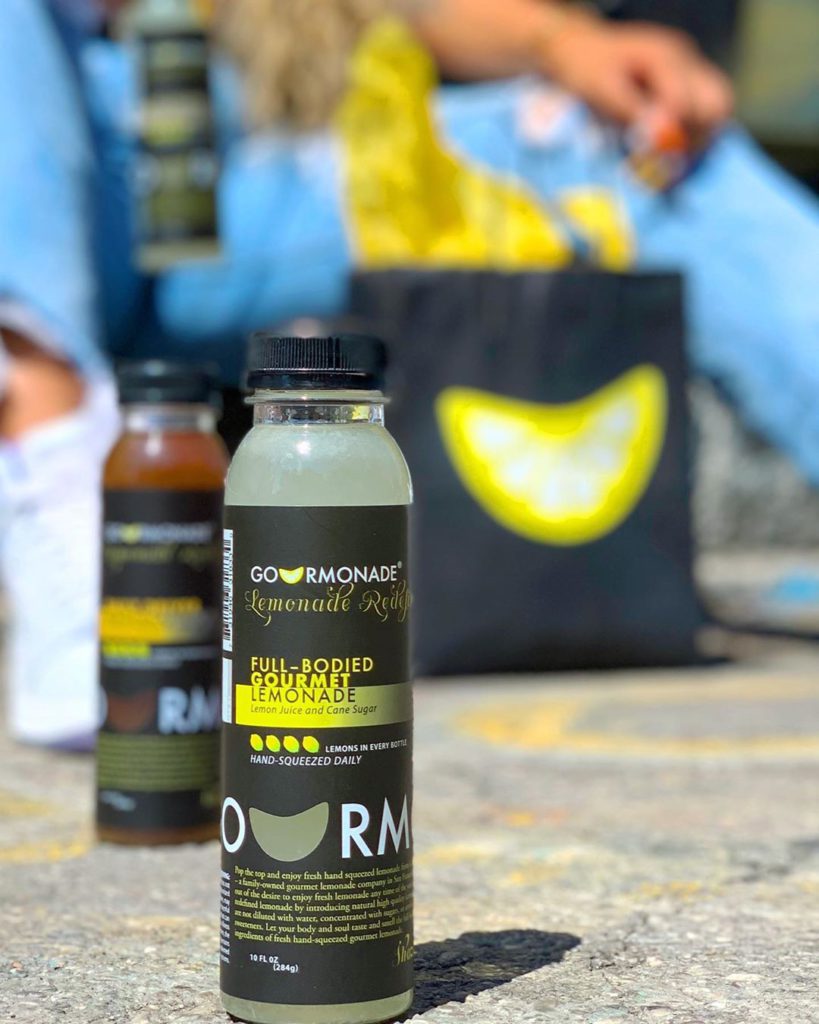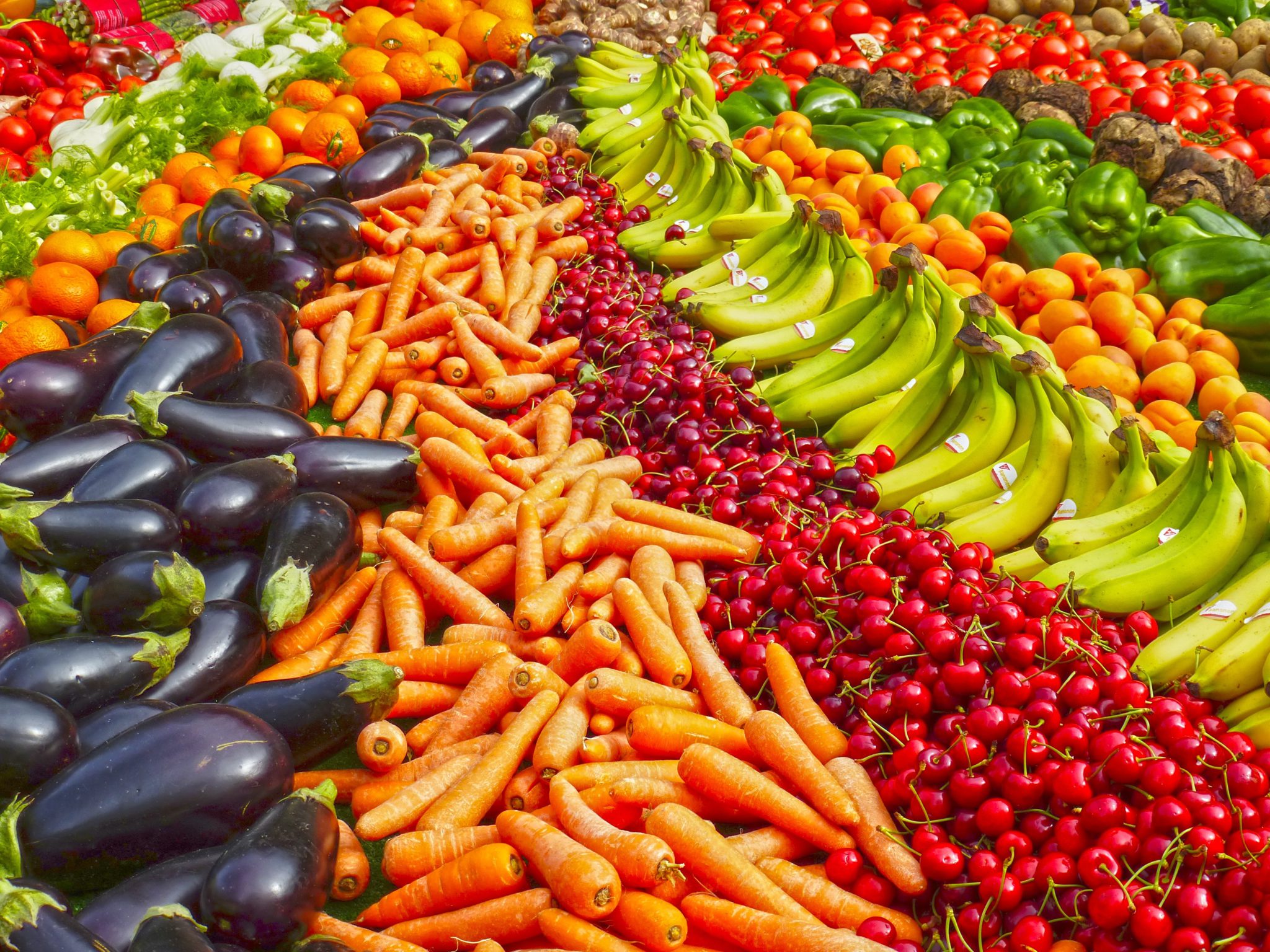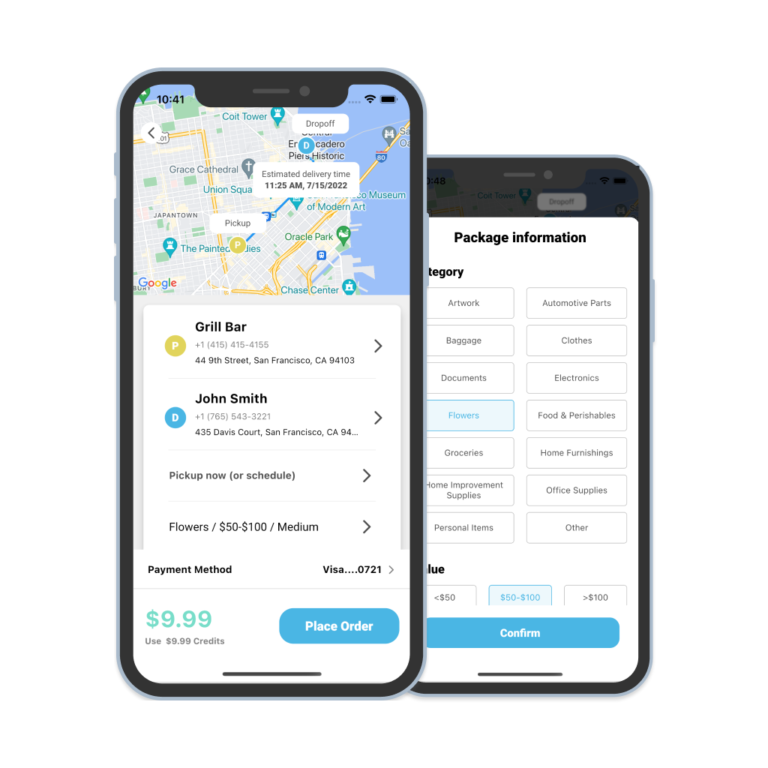Image / Pexels
If you’ve ever walked around an affluent neighborhood, you’ll notice a plethora of healthy options: Whole Foods, Trader Joe’s, Wegmans, etc. However, take a stroll into a less affluent area, and you’ll see a distinctive change. What you will find is a ton of fast food restaurants and virtually no grocery stores that offer healthier options.
This is no coincidence.
Fast food outlets and bodegas
Specifically for California, poorer neighborhoods with a high proportion of African Americans in South Los Angeles had a greater proportion of fast-food restaurants than did neighborhoods in wealthier West Los Angeles.
The American Journal of Preventive Medicine (AJPM) released a study that focused on fast food restaurants in conjunction with race/income. Their study found that predominantly Black neighborhoods (residents are at least 80% Black) have one additional fast-food restaurant per square mile compared with mainly White neighborhoods.
For convenience stores, PubMed Central’s study showed similar outcomes. The journal classified bodegas as areas where stores provided less nutritious food. One example where this is most prominent is New York City. African American neighborhoods had more bodegas classified as less healthy because of their “large stock of foods of low nutritional value…”
Health effects
It’s pretty obvious that fast food restaurants offer a lot of bang for your buck. They provide convenient and affordable energy-dense meals. Convenience stores, such as your local 7-Eleven or Sheetz, provide mostly prepared, high-calorie foods and a limited choice of fresh but expensive produce.
The accessibility of fast food outlets and convenience have led to high-calorie foods which result in high total caloric intakes for their customers.
Restaurants and stores may not offer healthy food in certain neighborhoods because residents have a weak preference for healthier options due to less financial resources, instead submitting to the highest number of calories at the lowest price.
These factors might explain the high number of obesity cases observed in minority communities.
Overcoming a growing problem
High concentration areas of unhealthy sources lead to food deserts, which PubMed Central’s study describes as “areas with limited access to healthful food sources and high levels of racial segregation and income inequality.”
The best way to combat the growing obesity and unhealthy consumption in minority neighborhoods is public health intervention.
Some policies suggested by PubMed Central that can help are improved transportation in low-income neighborhoods which leads to improved access to healthful foods, mobile markets to bring fresh produce into communities, and direct incentives (zoning allowances, tax holidays, tax rebates, etc.) that allow for food retailers to locate nearby low-income communities.
There’s no “one choice fits all solution;” each minority neighborhood has its own unique set of needs. And this is not just an issue in the United States. Food insecurity can be observed in many countries like the United Kingdom, the Netherlands, Sweden, Australia, and Canada.
To solve this global issue, it’s the job of public health agencies to intervene and make sure that these neighborhoods get the access to the quality food they deserve. Minorities cannot be a target of fast food companies just because of their socioeconomic status.
How Gourmonade helps solve this problem
The trend mentioned in the studies was something Vicktor Stevenson noticed about his hometown in Bronx, New York. Fast food restaurants and unhealthy food options are everywhere. His need to fulfil the gap for a healthier beverage for his neighborhood led to him opening a successful organic lemonade business called Gourmonade.
“The closest lemonade to me was the corner store off the block where there wasn’t anything of quality” Vicktor said. “The neighborhood where I’m from, not just with lemonade but food in general, does not have quality food. All you see are fast food restaurants.”

Vicktor created Gourmonade to provide quality lemonade without chemicals, fake ingredients, and loads of sugar. His products are an example of the steps needed to help low-income neighborhoods get access to better quality food.
Although the San Francisco-based store closed due to COVID-19, Gourmonade still provides its products through online retail. Customers are able to buy monthly subscriptions, or purchase the lemonade in 4/6 packs and/or gallons, all which can be delivered directly to them.
Vicktor’s business is a shining example of what needs to be done to solve food insecurity in the U.S. With other local businesses starting to help those around them, intentional entrepreneurship could be the cure.






진은 이날 오후 8시쯤 루브르 박물관 내 마련된 성화 봉송 센터에서 마약 강간 나와 미리 기다리고 있던 팬들 앞에 모습을 드러냈다
Hey there You have done a fantastic job I will certainly digg it and personally recommend to my friends Im confident theyll be benefited from this site
you are in reality a just right webmaster The site loading velocity is incredible It seems that you are doing any unique trick In addition The contents are masterwork you have performed a wonderful task on this topic
Hello i think that i saw you visited my weblog so i came to Return the favore Im trying to find things to improve my web siteI suppose its ok to use some of your ideas
|But he doesnt d 토지노 솔루션 eny {asking for|requesting} a {piece of|bit of} the band if he was {to keep|to help keep|to maintain} touring with them
of course like your website but you have to check the spelling on several of your posts A number of them are rife with spelling issues and I in finding it very troublesome to inform the reality on the other hand I will certainly come back again
I loved as much as youll receive carried out right here The sketch is tasteful your authored material stylish nonetheless you command get bought an nervousness over that you wish be delivering the following unwell unquestionably come more formerly again since exactly the same nearly a lot often inside case you shield this hike
I don’t think the title of your article matches the content lol. Just kidding, mainly because I had some doubts after reading the article.
Fantastic site Lots of helpful information here I am sending it to some friends ans additionally sharing in delicious And of course thanks for your effort
Fantastic site Lots of helpful information here I am sending it to some friends ans additionally sharing in delicious And of course thanks for your effort
Your point of view caught my eye and was very interesting. Thanks. I have a question for you. https://accounts.binance.com/pt-PT/register-person?ref=OMM3XK51
Nice blog here Also your site loads up fast What host are you using Can I get your affiliate link to your host I wish my web site loaded up as quickly as yours lol
PLEASE HELP ME
My name is Aziz Badawi, I’m 27 year old man from Palestine. Our town has recently evacuated due
to bombardments by Israel, now I am staying at a shelter with my 6 year old daughter Nadia. My wife is
dead and I’m the only one left to take care of my daughter as we are not allowed to depart to my parents house
in Nablus, she is sick with a congenital heart defect and I have no way to afford the medicine she needs anymore.
People here at the shelter are much in the same conditions as ourselves…
I’m looking for a kind soul who can help us with a donation, any amount will help even 1$ we will
save money to get her medicine, the doctor at the shelter said if I can’t find a way to get her the
medication she needs her little heart may give out during the coming weeks.
If you wish to help me and my daughter please make any amount donation in bitcoin cryptocurrency
to this bitcoin wallet: bc1qcfh092j2alhswg8jr7fr7ky2sd7qr465zdsrh8
If you cannot donate please forward this message to your friends, thank you to everyone who’s helping me and my daughter.
Fantastic beat I would like to apprentice while you amend your web site how could i subscribe for a blog site The account helped me a acceptable deal I had been a little bit acquainted of this your broadcast offered bright clear concept
Awesome! Its genuinely remarkable post, I have got much clear idea regarding from this post
Thank you for your sharing. I am worried that I lack creative ideas. It is your article that makes me full of hope. Thank you. But, I have a question, can you help me? https://www.binance.com/tr/register?ref=WTOZ531Y
Thanks for sharing. I read many of your blog posts, cool, your blog is very good. https://accounts.binance.com/id/register-person?ref=V3MG69RO